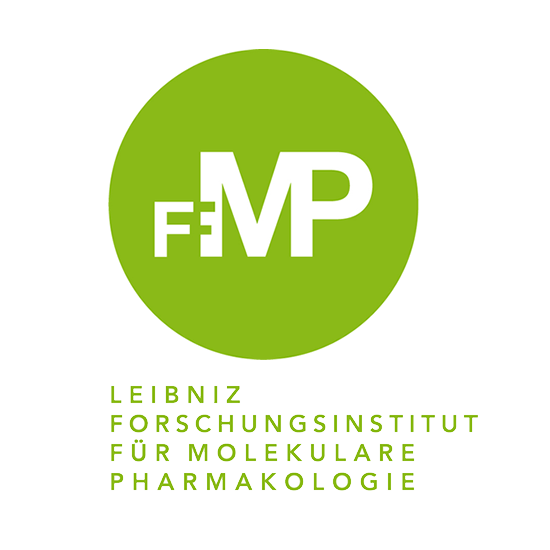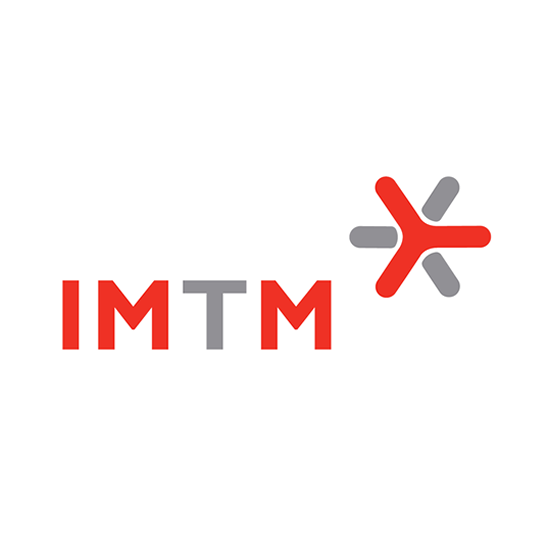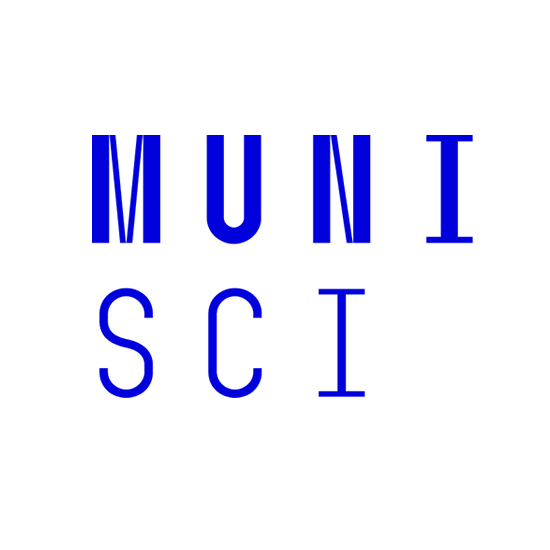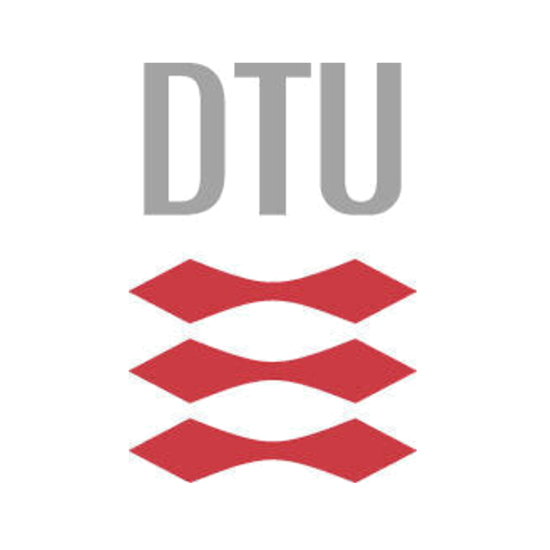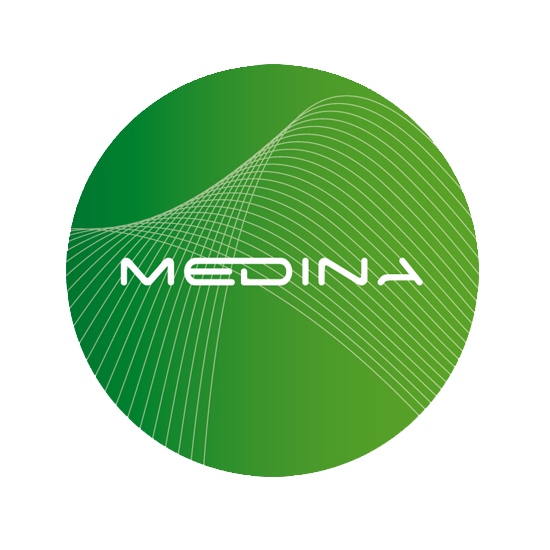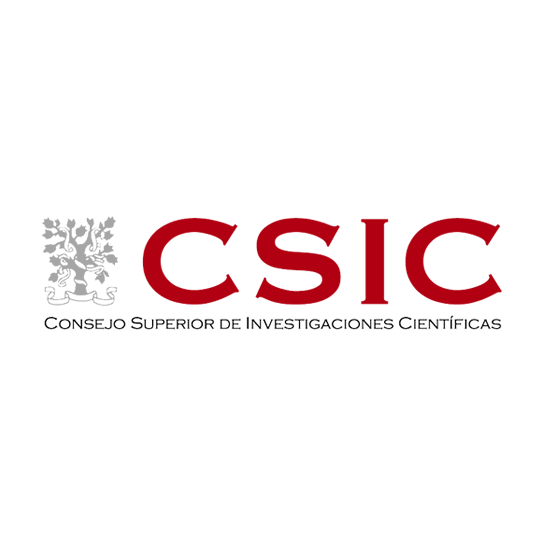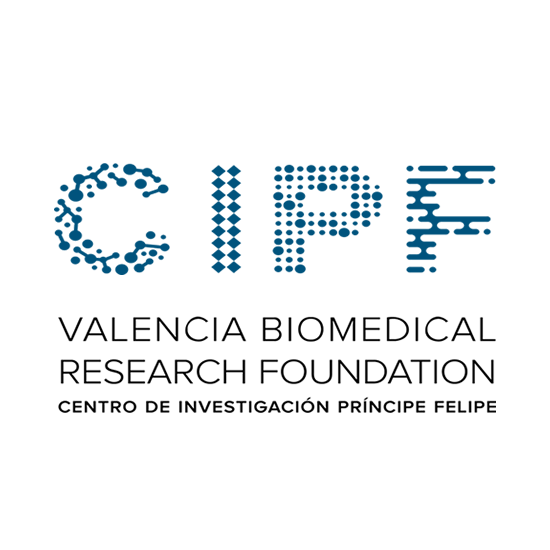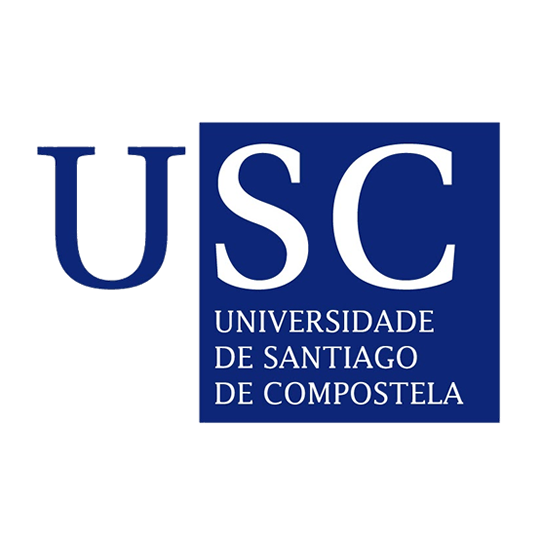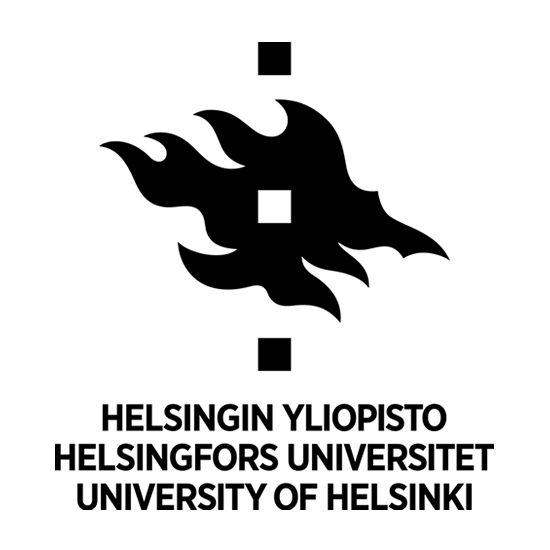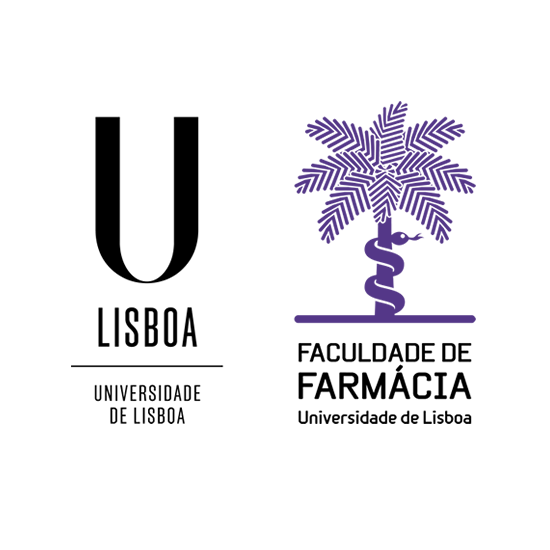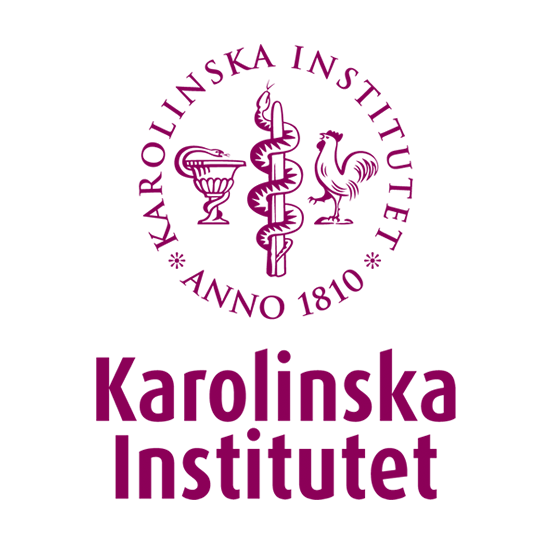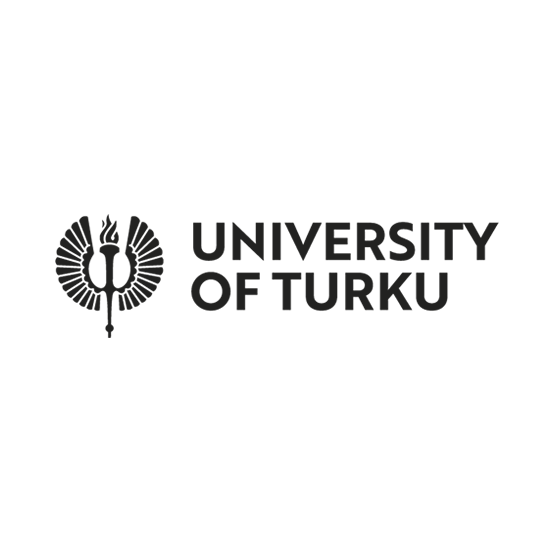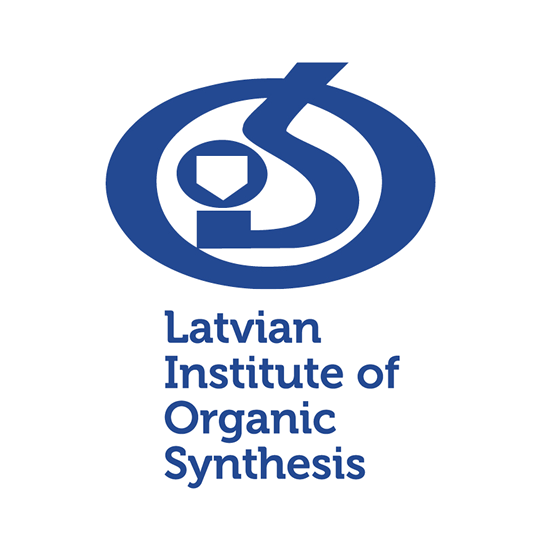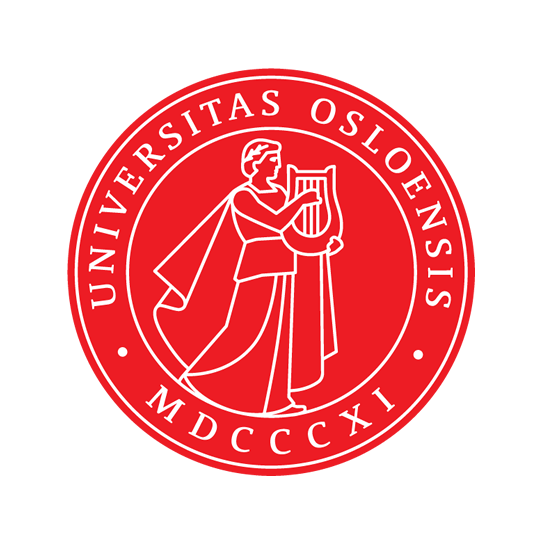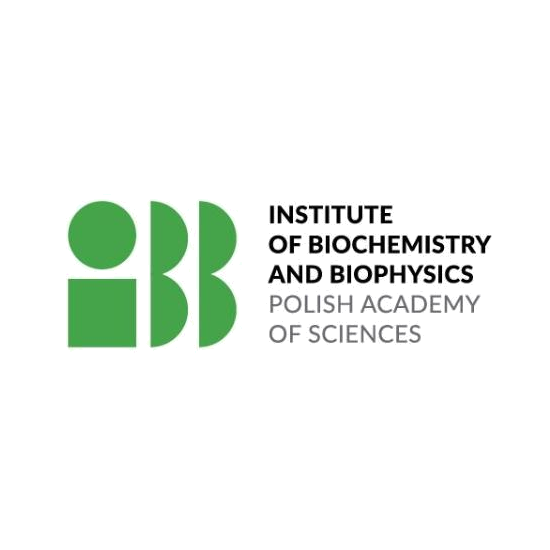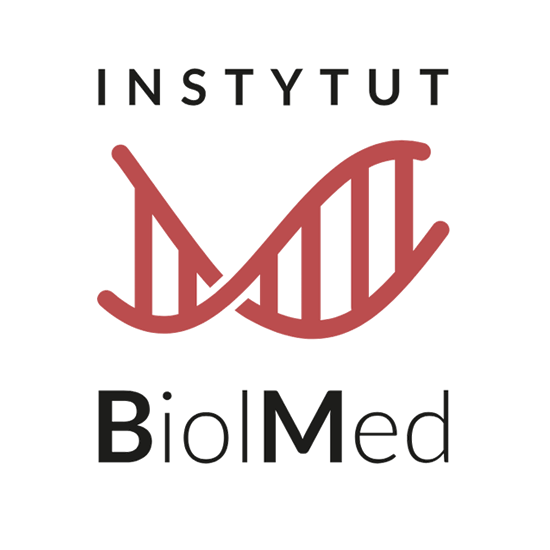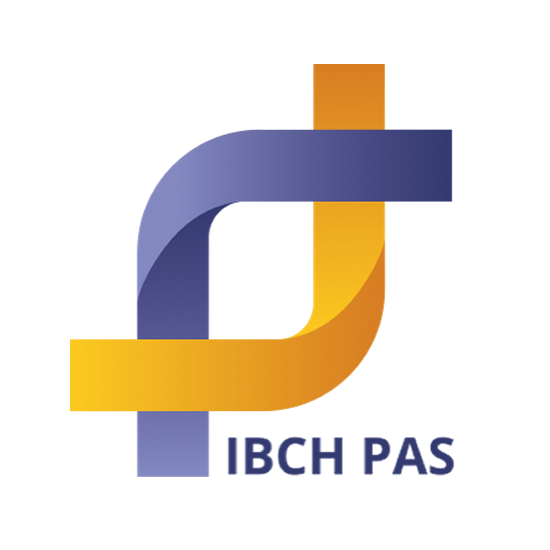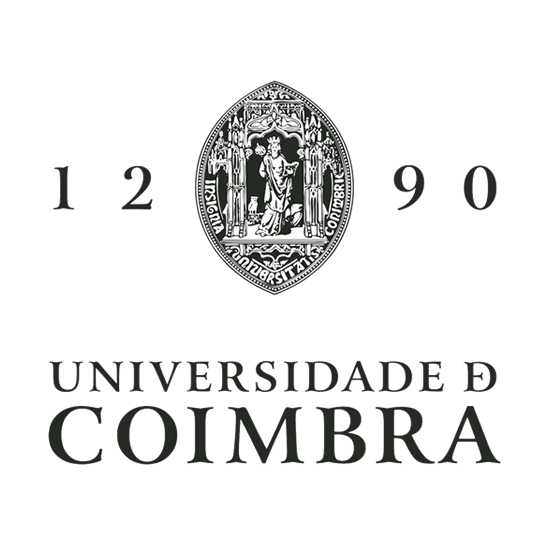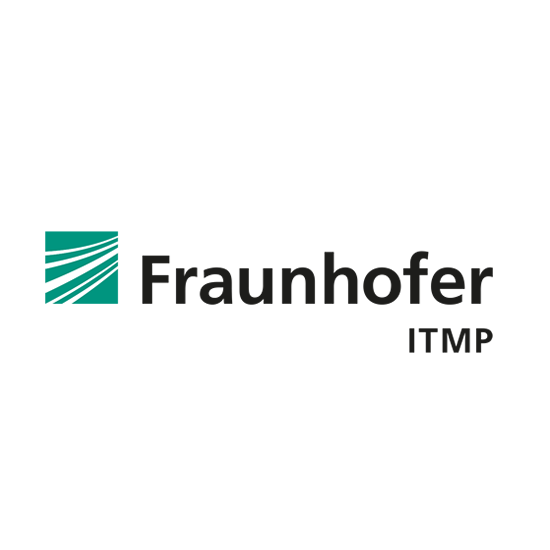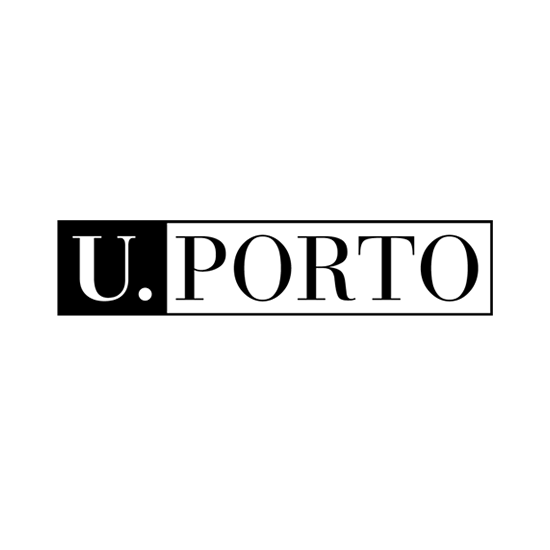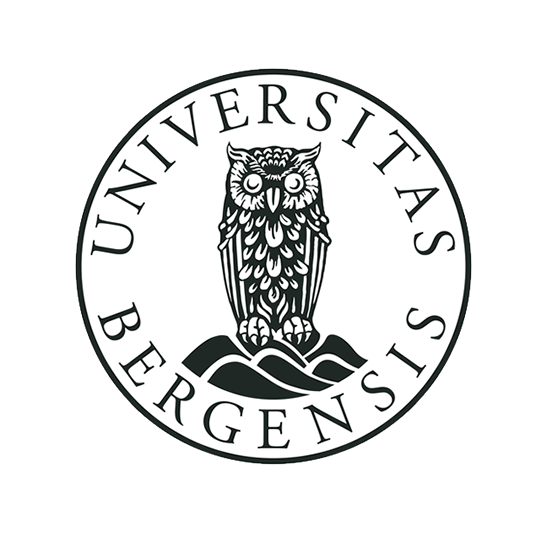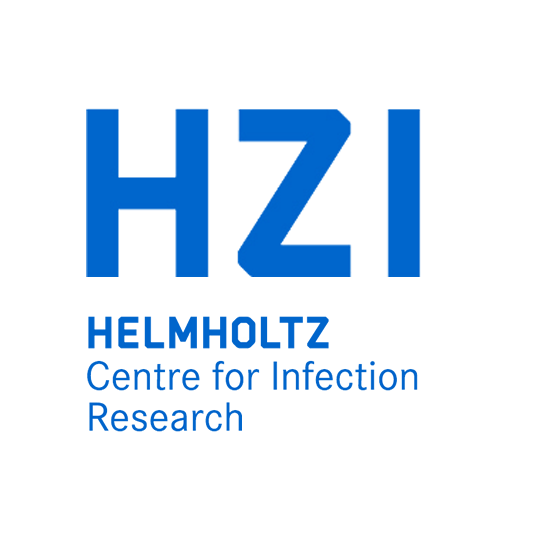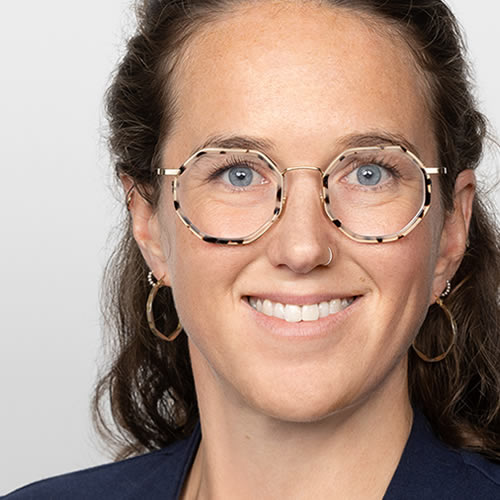
About IMPULSE
Our Partners
IMPULSE Workplan
Work Package 1 – Long-term sustainability & access procedures
Lead: EU-OS
The activities under WP1 are designed to ensure the long-term sustainability of EU-OPENSCREEN so that it can continue to provide top-tier services to the scientific community. To this end, WP1 will support the integration of the novel services and methods developed within IMPULSE into the EU-OPENSCREEN framework, thereby making them more readily available to scientific collaborators. WP1 will also engage with candidate member countries and potential funders within and beyond Europe to secure the research infrastructure’s long-term financial stability.

WP 1 Leader
Bahne Stechmann
With a PhD in cell biology and an MBA in the management of research infrastructures, Bahne Stechmann combines his passion for science with helping scientists to implement their research projects.
Bahne is the Deputy Director at EU-OPENSCREEN, where he coordinates the activities of this multinational RI initiative in Chemical Biology and early Drug Discovery.
Work Package 2 – Creating a repository of community compounds
Lead: USC & EU-OS
Under EU-OPENSCREEN's compound-sharing initiative, chemists are invited to donate compounds to the European Academic Compound Library (EACL), where they will be assessed for biological activity in a set of bioprofiling assays. This compound submission process aims to catalyse cooperation between chemists and biologists, facilitated by the expertise of the EU-OPENSCREEN screening centres within an IP-sharing model that rewards all parties.
WP2 aims to bolster this compound-sharing initiative by proactively engaging with chemists via a network of ambassadors from EU-OPENSCREEN member countries to explain the benefits of submitting compounds. WP2 will also streamline the processes for transferring submitted compounds, running bioprofiling assays and sharing the resulting data


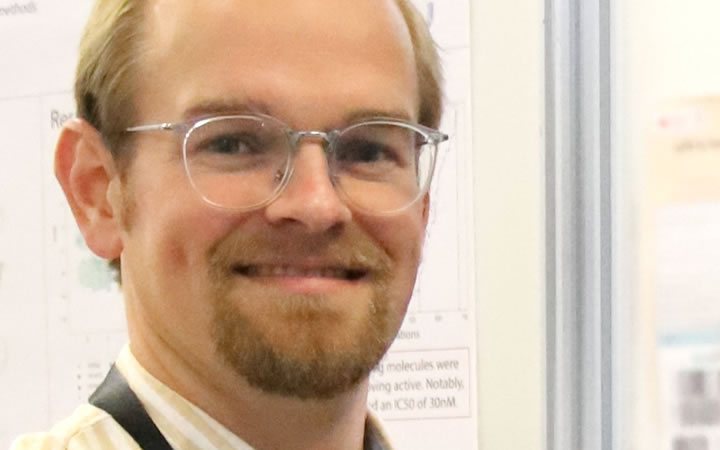
WP 2 Leaders
Mabel Loza (USC)
Professor Mabel Loza is a leading pharmacologist, heading the BioFarma research group and CIMUS Research Centre at the University of Santiago de Compostela. She co-leads INNOPharma Early Drug Discovery platform and has been pivotal in creating the Galician and Spanish Drug Discovery Networks. She is a founding partner of the Kærtor Foundation, focused on accelerating drug discovery applications to patients, fostering innovative consortia like I2D2 and Cancer Innova resulting in 17 new clinical entities reaching clinical trials in Public Private Partnerships.
Victoria Mora (EU-OS)
Victoria is an Analytical Chemist at EU-OPENSCREEN, where she performs quality control of the libraries. She also spearheads the effort to collect compounds from chemists around the world for EU-OPENSCREEN's European Academic Compound Library. By lending her passion to this project, Victoria aims to strengthen the global chemical biology community and positively impact the future of drug discovery.
Geert Daudey (USC)
Geert is an associate researcher at USC’s INNOPharma platform, coordinating collaborative projects between academia and industry in early drug discovery. With a PhD in organic and peptide chemistry, he brings the right blend of expertise as both a chemist and a biologist. This dual perspective is crucial for understanding the diverse needs and viewpoints within early drug discovery consortia.
Work Package 3 – Validating pharmacology using advanced disease models & genetic screens
Lead: KI & UC
Successful preclinical drug discovery depends heavily on the ability of experimental cell models to mirror human pathophysiology. As such, WP3 aims to establish capabilities and workflows for bioactive hit validation in complex and high-fidelity cellular disease models. Expertise in advanced disease models and genetic screening tools will be mapped across the consortium, and demonstrator/technology development projects will be launched to leverage cross-consortium synergies for future users of EU-OPENSCREEN's services.


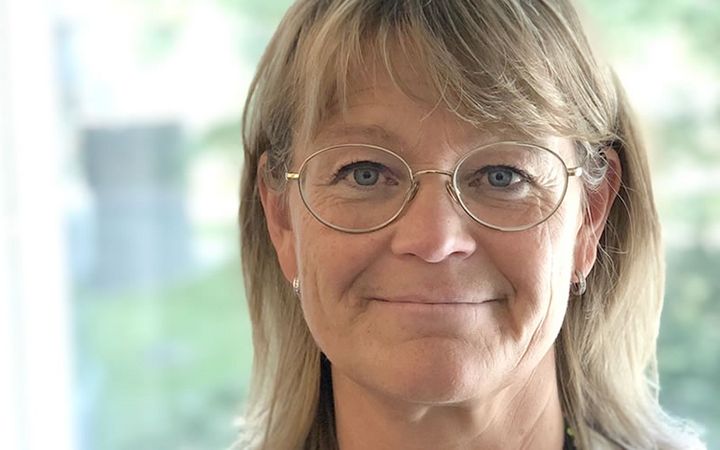
WP 3 Leaders
Brinton Seashore-Ludlow (KI)
Brinton is the head of Assay Development and Screening at the Chemical Biology Consortium Sweden and a team leader in precision medicine at the Department of Oncology-pathology at Karolinska Institute. Her research focuses on applying high content screening methods to precision medicine and exploring disease biology.
Miguel Mano (UC)
Miguel Mano is a Group Leader and Head of the High-Throughput Screening platform at CNC-UC. He has extensive experience in high-throughput and high-content screening, with 15+ years of experience in the field. He was responsible for establishing high-throughput screening (HTS) platforms in academic environment in Italy (ICGEB, 2008) and in Portugal (CNC-UC, 2015, EU-OS Specialized Screening site since 2022). His research activity is focused on the development of HTS technologies using genomic libraries (RNAi, miRNAs, CRISPR) and small compound libraries, and their application to different areas of biomedical research.
Anna-Lena Gustavsson (KI)
Anna-Lena holds a Ph.D. in organic chemistry and has over a decade of experience in drug discovery research within the pharmaceutical industry. Her expertise spans both computational chemistry and project management. In 2010, Anna-Lena co-initiated the Chemical Biology Consortium Sweden (CBCS), a national governmental funded research infrastructure in chemical biology. Since 2017, she has served as the Managing Director of CBCS which encompasses activities at six universities across Sweden.
Work Package 4 – New chemical modalities
Lead: CSIC
To complement the current EU-OPENSCREEN medicinal chemistry portfolio, WP4 is developing new chemical modalities beyond the traditional small molecules to attack more challenging biological targets. These new modalities include new chemical probes (fluorescent, activity-based and traceless proximity probes), targeted degraders (e.g., heterobifunctional degraders like PROTACs or RIBOTACs), enzymatic modulators and multi-target molecules associated with polypharmacology.
Through close collaboration between medicinal chemistry and screening partner sites, these services will be rigorously developed and validated in demonstrator projects. When integrated into the EU-OPENSCREEN portfolio, these services will facilitate the development of chemical probes, smart drug candidates and emergent therapeutic approaches.


WP 4 Leader
Ana Martinez (CSIC)
Ana Martinez is Research Professor at the CIB-CSIC with over thirty years of experience in drug discovery and development, spanning both academia and the private sector. For eight years, she served as R&D Director at NeuroPharma, advancing two new drugs from the lab to clinical trials. She is also the founder of two spin-offs focused on early-stage drug development. Her multidisciplinary team utilizes state-of-the-art computational tools, cutting-edge synthesis techniques, and innovative organic and medicinal chemistry for hit-to-lead and lead-to-candidate programs. Her laboratory serves as an industrialized outpost of medicinal chemistry in academia, with a strong track record of successful technology transfer.
Carmen Gil (CSIC)
Carmen Gil is tenured scientist at the CIB-CSIC. Her main expertise is in the drug discovery field. With a strong background in medicinal chemistry, her research is applied with a high content of translational research and focuses on those areas that will impact on treatment of human diseases. Along her career, she has successfully worked on discovering new compounds for antiviral, neurodegenerative and neglected tropical diseases.
Work Package 5 – Data reproducibility & operational standards
Lead: IMG
As part of EU-OPENSCREEN's commitment to open science, screening data produced within the network are made publicly available according to the FAIR principles via our European Chemical Biology Database (ECBD). WP5 aims to enhance EU-OPENSCREEN's standard operating procedures for data acquisition and analysis at all partner sites through a round of interlaboratory comparisons (ring testing) to see that data are collected consistently across the consortium, thus ensuring the reproducibility of the data deposited in the ECBD.
WP5 also aims to increase the integration of public EU-OPENSCREEN data into the European Open Science Cloud (EOSC).
Work Package 6 – ML/AI for identification of modes of action with cell painting and small molecule data
Lead: Fraunhofer
Artificial intelligence (AI) and machine learning (ML) have proven immensely valuable to drug discovery in recent years. To demonstrate its utility to drug discovery research and the EU-OPENSCREEN community, WP6 will establish a service to predict the modes of action of small molecules using AI/ML methods. This WP proposes a comprehensive pipeline to develop this service, including training data curation, demonstrator projects and dissemination of open-source code to the scientific community.
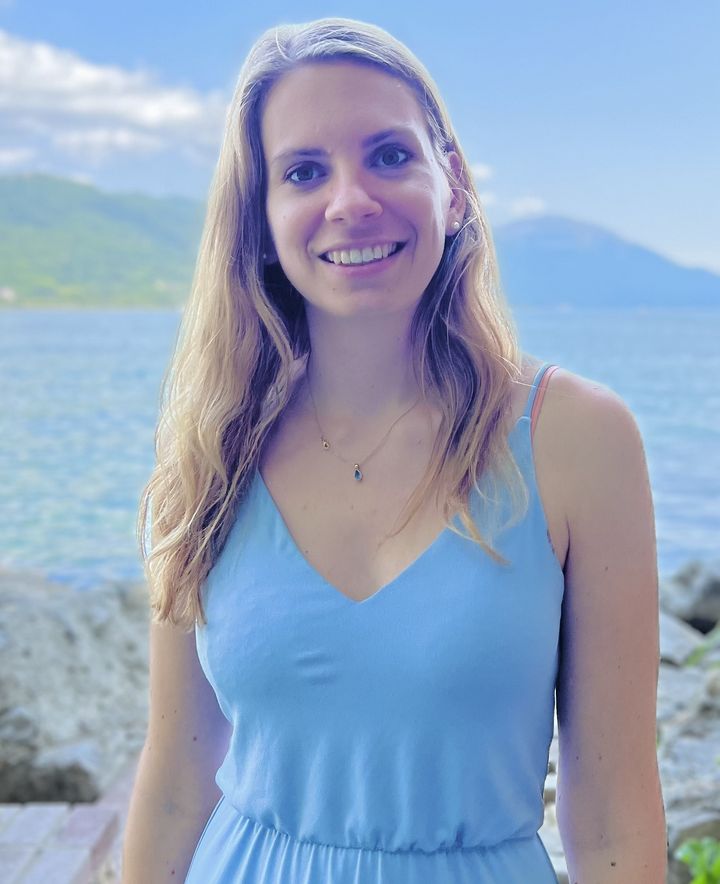
WP 6 Leader
Leonie von Berlin
Leonie holds a Ph.D. in neuroscience from Karolinska Institute. She has expertise in single-cell technologies and in developing analysis workflows for single-cell and imaging data using Python. Since November 2024, she has been working at Fraunhofer ITMP in Hamburg as a data scientist and data manager. In 2025, she became co-lead for the technology platform Medical Data Science across all Fraunhofer ITMP sites. Her work focuses on data sustainability, FAIR data principles, and the application of machine learning in biomedical research.
Work Package 7 –Training and capacity building
Lead: EU-OS
A core activity within EU-OPENSCREEN is to offer expert training opportunities to its staff, partners and external scientists on topics relevant to the network’s services and capacities. Under WP7, IMPULSE will enhance its training on topics beyond the scope of EU-OPENSCREEN's regular programme, such as project management for partner sites and fundamental chemical biology/early drug discovery concepts for early-career researchers. Planned activities include knowledge-sharing sessions, staff exchanges, job shadows and lecture-based learning opportunities.
WP7 will also organise trainings on the new scientific services and data management protocols developed within IMPULSE to accelerate their integration into the EU-OPENSCREEN portfolio.
WP 7 Leader
Jasmine Harley
Jasmine is an experienced scientific researcher specialising in neurobiology, cell models, and phenotypic drug screening. Now a Scientific Project Manager at EU-OPENSCREEN, she leads training activities within IMPULSE, enhancing opportunities in project management, chemical biology, and early drug discovery. With a strong track record in translational research, she supports knowledge exchange and the integration of new scientific services into the EU-OPENSCREEN portfolio.
Work Package 8 – Engagement of public–private initiatives
Lead: USC & EU-OS
Strong collaborations among diverse sectors are critical for advancing research and ensuring the long-term sustainability of EU-OPENSCREEN. Within WP8, the IMPULSE consortium will liaise between EU-OPENSCREEN partner sites, academic actors, industrial partners, foundations and other public–private initiatives to accelerate cross-communication, promote joint projects and streamline access for private partners and external users to the EU-OPENSCREEN platform. Actions include holding industry-focussed workshops, executing demonstrator projects for drug discovery initiatives and precompetitive technologies, and defining access routes and IP regulations for industrial partners.

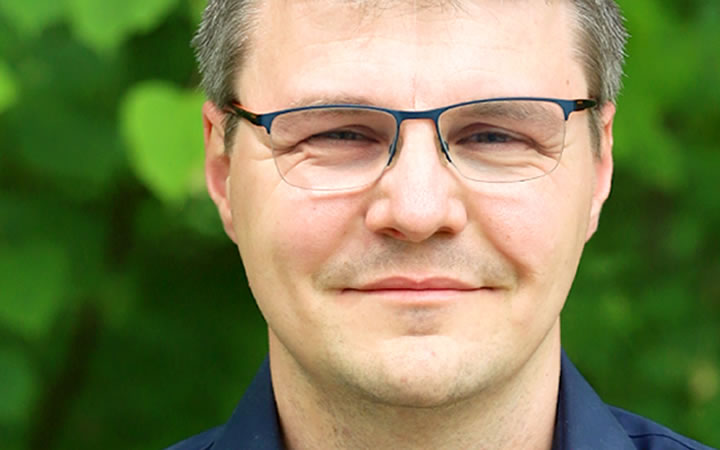
WP 8 Leader
Mabel Loza (USC)
Professor Mabel Loza is a leading pharmacologist, heading the BioFarma research group and CIMUS Research Centre at the University of Santiago de Compostela. She co-leads INNOPharma Early Drug Discovery platform and has been pivotal in creating the Galician and Spanish Drug Discovery Networks. She is a founding partner of the Kærtor Foundation, focused on accelerating drug discovery applications to patients, fostering innovative consortia like I2D2 and Cancer Innova resulting in 17 new clinical entities reaching clinical trials in Public Private Partnerships.
Robert Harmel (EU-OS)
Robert is a project manager at EU-OS with a PhD in chemical biology. He facilitates collaborations between EU-OS partner sites and scientists from academia or industry to support groundbreaking research and innovation.
Work Package 9 – Outreach and dissemination
Lead: EU-OS
To ensure that the messages of IMPULSE and the EU-OPENSCREEN reach all relevant audiences, the project includes a work package dedicated to outreach and dissemination. Beyond promoting the project’s results, achievements and opportunities, WP9 will strengthen networks and collaborations within and beyond the EU-OPENSCREEN community and raise awareness about opportunities offered within the network.
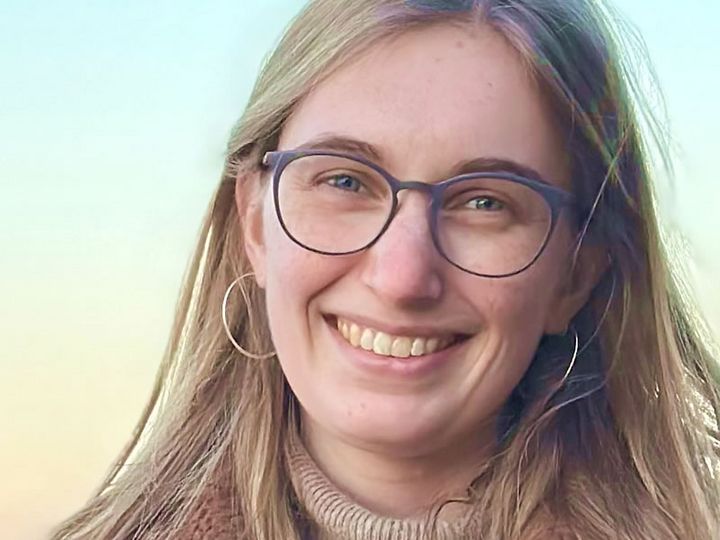
WP 9 Leader
Alexandra Ertman
Alexandra is a neuroscientist by training and a skilled science communicator. In her role as Administrative and Science Communications Officer at EU-OPENSCREEN ERIC, she supports activities related to outreach, training and day-to-day organisation.
Work Package 10 – Project management
Lead: EU-OS
As the coordinator of IMPULSE, the EU-OPENSCREEN central office is responsible for implementing the project’s day-to-day management activities under WP10. This includes monitoring the project workplan; ensuring effective communication within and outside the consortium; ensuring compliance with legal, regulatory and ethical requirements; coordinating reporting to the European Commission; integrating guidance from experts in the field, promoting gender equality and inclusion; and identifying opportunities to align and collaborate with further EU objectives and initiatives.
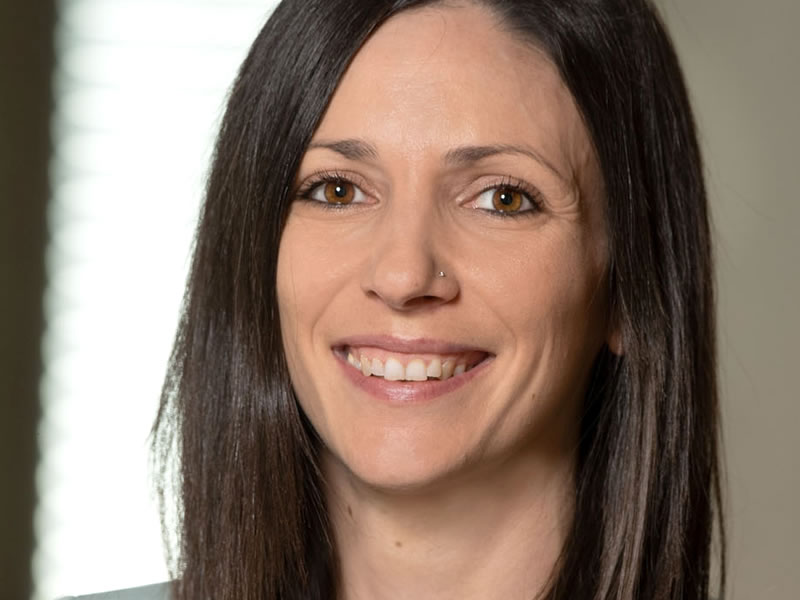
WP 10 Leader
Tanja Miletic
Tanja holds a PhD in organic chemistry from the University of Trieste, Italy, and has been working as a Scientific Project Manager at EU-OPENSCREEN for the past six years. In her current role, she coordinates and manages several EU grants focused on strengthening and expanding the EU-OPENSCREEN ERIC network and its capacities, contributing to the advancement of early-stage drug discovery in Europe. In IMPULSE, she is leading and coordinating the overall management of the project.

